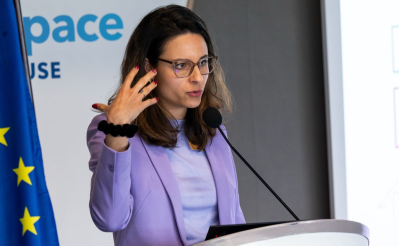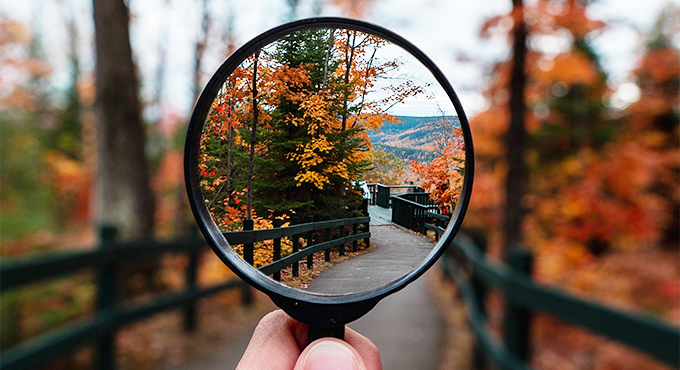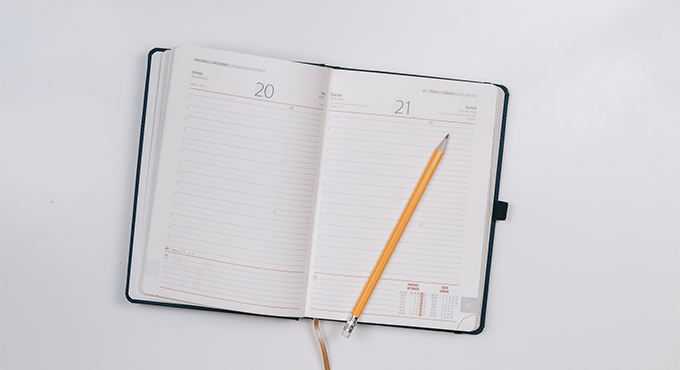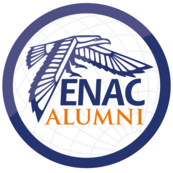News

Travel Diary : Lea Pineau,IENAC16, volunteer in the Philippines
It is with great pleasure that I would like to tell you about my humanitarian trip as a volunteer to the Philippines. I flew to the Philippines on Sunday, May 26th for a great adventure of a month and a half. In this adventure, I was supervised and above all accompanied by the largest humanitarian association in the Philippines: Gawad Kalinga. It has many partnerships with leading engineering and business schools and it is through a request for reinforcement from the Special School of Public Works (ESTP) that I set off on this crazy adventure.
Gawad Kalinga (meaning "Taking Care" in Tagalog, the local language) is an association founded in 2003 by Tony Meloto, highly respected within the association and in the Philippines. It aims to eradicate poverty for 5 million Filipino families by 2024. Ambitious program, isn't it? Indeed, it is not only financial poverty but also "heart and mind poverty". Social isolation and addictions are also a form of poverty that the association wants to fight. A way to fight it used by GK is entrepreneurship. Many small businesses, and even a school, grow in the Gawad Kalinga villages. Indeed, everywhere in the Philippines, the association finances more than 2,500 villages in the Philippines. I have been welcomed in one of them: GK Munting Paraiso. After a few days of training full of good humour and hope, we will remember "Don't let poverty end our dreams, instead, let our dreams end poverty.” and are now able to join an incredible community, in which I stayed for more than a month.

For our village, we defined the missions we would like to carry out. First, we want to supply the cooperative with rice to help the women of the village, so that they don’t have to walk under the sun every day. They can now get their supplies directly in the village. The cooperative is a small shop at the entrance to the village where food and toiletries can be found, but it remains very limited in choice and stock. Rice is a basic ingredient in all meals, they eat it at least 3 to 4 times a day (out of 6 meals because the Filipinos eat very often in the day). The cooperative did not have the necessary cash to supply its inventory. During the whole stay we were able to supply him with 7 bags of rice and reinforced its entire stock (household products, hygiene products, canned food...).
Secondly, we wanted to repair, move and improve the children's playground, which was located under the coconut trees (dangerous because coconuts fall regularly and randomly) and consists of two sets: a gantry without a swing and another broken game for kids.
Then we noticed that an enormous pile of waste was half buried in a ravine, which shows that the waste wasn’t properly treated nor evacuated from the village. We have learned that they burn them in the evening to get rid of them, leaving foul-smelling vapours that are very bad for the environment and for the children playing around. Our first mission would be to set up a waste sorting system in order to limit them and make compost to fertilize the plantations already set up. We also wanted to find a way to evacuate them out of the village, which involved setting up garbage containers and negotiating with the city's garbage collectors, who were not currently collecting the village's garbage. We have set up selective sorting bins and built a composter made of coconut and bamboo wood.
We also noticed that half of the church, a porch surrounded by bamboo fences, was not painted in white like the rest of the church, so we repainted it.

Throughout the stay, we participated in the ongoing project: the construction of new houses to welcome new residents. The houses are built by the future inhabitants themselves; they show great solidarity and each inhabitant participates in the construction of all the houses of the village. We are very quickly integrated into the construction team.
Life in the village is very exotic, the rules are not the same and it is not always easy to get used to it. Fortunately, Filipinos are incredibly kind and generous: enough to inspire our Western countries! It is wonderful to be that integrated into a culture so different from ours, to adapt to a new way of life and to end up feeling at home in the house of people we met just a few weeks ago.
At the end of our stay, we left for 10 days to visit another island of the Philippines, incredible, unreal landscapes are then offered to us, we are welcomed in another Gawad Kalinga village but this time to enjoy and not to work, rest is well deserved!
Looking back now, I think that going on a humanitarian trip is the best way to discover a country. Beyond discovering incredible and unforgettable landscapes, I especially had the unique opportunity to meet the population, to live with them and to confront their culture. We are looking for exoticism in the most touristic places of the planet, while millions of isolated people with an incredible kindness are waiting to share their daily lives and culture with us, European people.
If you want to try yourself or just satisfy your curiosity, I would be very happy to share my experience with you in more details, contact me (lea.pineau@alumni.enac.fr)!
My trip in figures:
- 42 days
- 4 villages
- 300 new meetings
- 15 new friends
- 200 card games
- 7 new cities
- 27,000 km
Let's find this article and so much more in the ENAC Alumni Mag#27 !

















No comment
Log in to post comment. Log in.